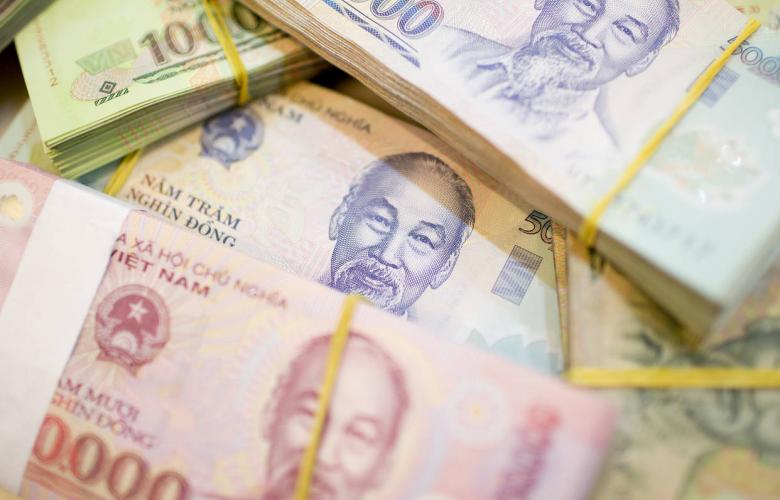Vietnam property taxes
Contact
Vietnam property taxes
A general guide to taxation and other duties on real estate in Vietnam.
This article is intended as a preliminary guide only and refers to some but not all elements required to consider in detail prior to starting any property dealings or due diligence. Property dealings are often complex, especially in foreign countries and we highly recommend you seek independent professional advice... read more...
Property in Vietnam is subject to a number of taxes, whether you are an individual buyer or a corporation. We encourage potential real estate investors to seek professional taxation advice.
Possessing and owning real estate
In Vietnam, there is no tax on owning a house. Land users, including Foreign Investment Entities, must pay annual non-agriculture land use tax at a progressive rate of 0.03 per cent to 0.15 per cent of the land price per square metre, decided by the state every five years.
Acquiring and transferring real estate
Under the tax system in Vietnam, the income from transfer of real property must be calculated separately to declare and pay tax. Any gains on sale of real estate are considered taxable non-employment personal income, with a rate of 2 per cent of the sales proceeds applied. Losses from the transfer of real estate can be offset against profits from other business activities and may be carried forward by taxpayers, fully and consecutively, for a maximum of five years. Personal income tax is levied on all resident individuals, income-paying entities, and non-resident individuals.
Stamp duties are imposed on the transfer of land and/or property. According to JLL, “Conveyance stamp duty is levied on the value of actual sales that are not lower than the standard price provided by the local authorities. The stamp duty on the transfer of a land use right and property is 0.5 per cent of the value of the sales.”
A notarisation fee, which is determined by the value of the transaction, applies to property documents and transactions. Most of these types of documents need to be notarized. The maximum fee is VND 10 million (USD 470) per transaction.
Value added tax (goods and services tax)
A wide range of goods and services are subject to a consumption tax, or value added tax, of up to 10 per cent. According to PwC, VAT applies to goods and services used for production, trading and consumption in Vietnam (including goods and services purchased from non-residents). A VAT rate of 5 per cent applies to purchases of social housing and 10 per cent for commercial housing.
Foreign exchange controls
The State Bank of Vietnam administers the country’s foreign exchange policy. The JLL Vietnam Investment Guide states that “Vietnam has historically imposed exchange control mechanisms designed to limit foreign currency outflows, generally requiring the use of the Vietnamese dong (VND) for domestic transactions and for channelling the flow of foreign currencies into the banking system. The use of gold is also regulated.”
Foreign currency must be bought and sold through a licensed commercial bank permitted to undertake foreign exchange business activities. The State Bank of Vietnam does not guarantee the exchange of VND to foreign currency.
Source: Jones Lang Lasalle Vietnam Investment Guide 2015
PwC Vietnam Pocket Tax Book 2015
Similar to this
This article and the above linked articles are not complete and are intended as preliminary guides only. These guides refer to some elements to consider prior to starting any property dealings or due diligence. Property dealings are often complex areas, especially in foreign countries and we highly recommend you seek independent professional advice... read more...






